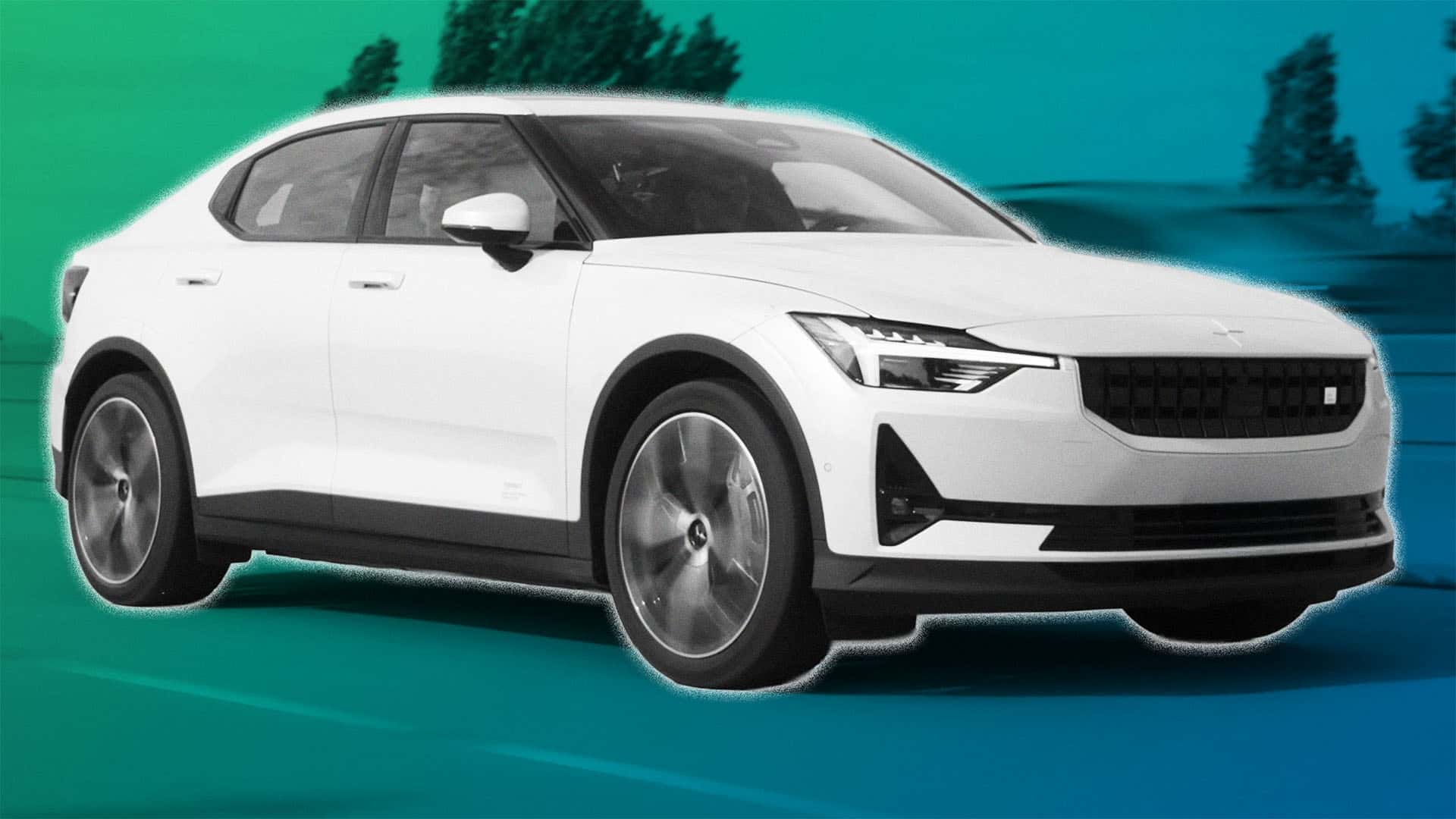
"James lives in a terraced home with no off-street parking, which is a scenario common across the U.K.'s urban and suburban neighborhoods. That meant relying entirely on public charging infrastructure for his Polestar 2. Over 12 months, he drove a total of 8,956 miles and spent £1,194.56 ($1613.15) on electricity from public chargers. That works out to roughly 13 pence ($0.18) per mile, according to his on-screen calculations."
"According to Zap-Map, the U.K.'s leading EV charger locator and analytics platform, rapid DC charging currently costs about 74p ($1.00) per kWh, compared to 29p-35p per kWh for off-peak home charging. Those with a home charger, and especially those using low-cost overnight rates from providers like Octopus Energy or E.ON Next, can cut their charging costs by more than half."
A driver living in a terraced home with no off-street parking relied entirely on public charging for a Polestar 2. Over 12 months the driver covered 8,956 miles and spent £1,194.56 on electricity from public chargers, about 13 pence per mile. Rapid DC public charging costs around 74p per kWh versus 29–35p per kWh for off-peak home charging. Owners with home chargers and low-cost overnight rates can cut charging costs by more than half. Public charging can be convenient but financially inefficient as a sole charging strategy, and higher-performance EVs widen the cost gap. Some comparators noted efficient hybrids could be cheaper.
Read at InsideEVs
Unable to calculate read time
Collection
[
|
...
]